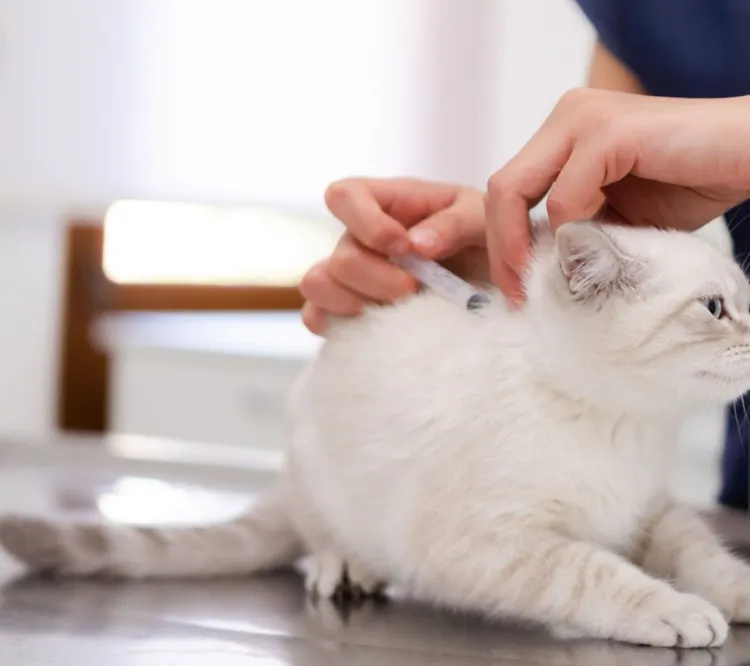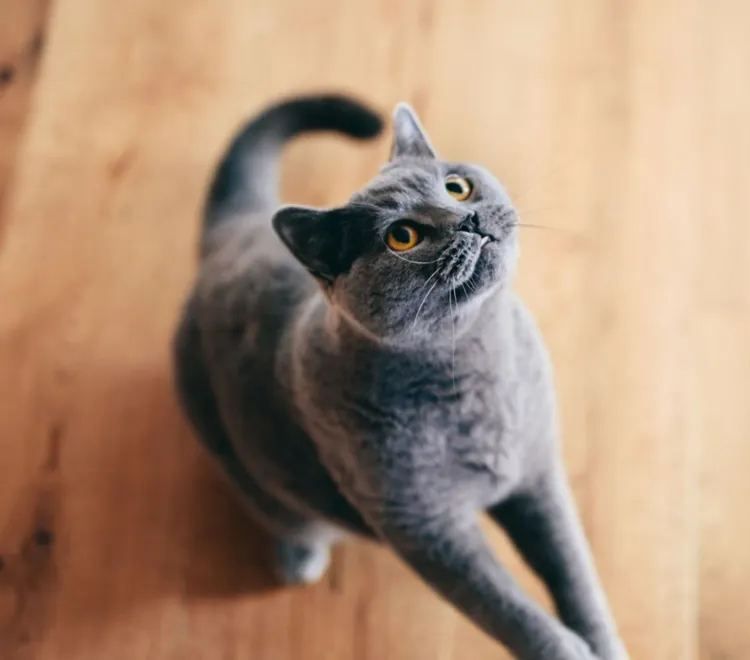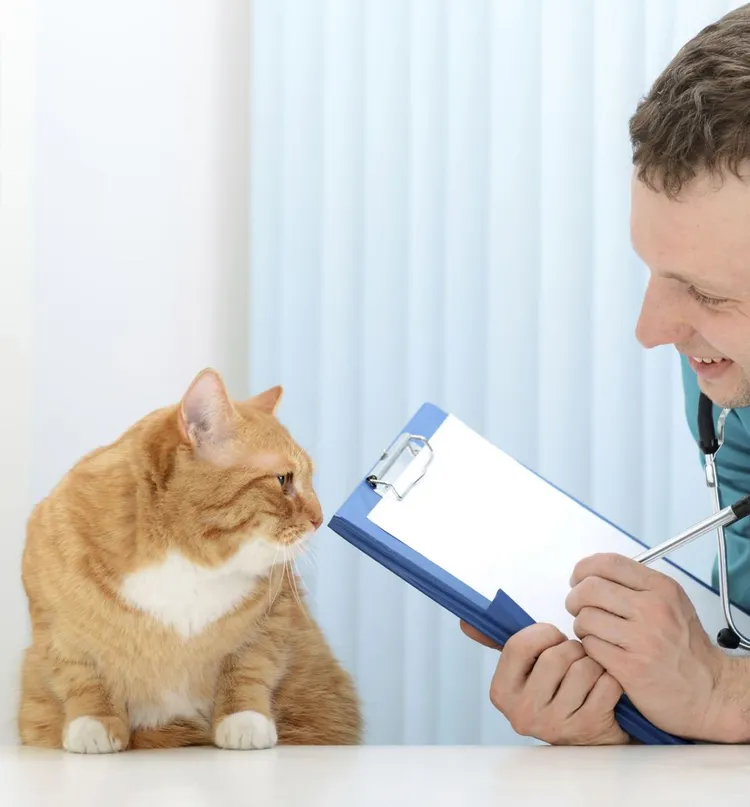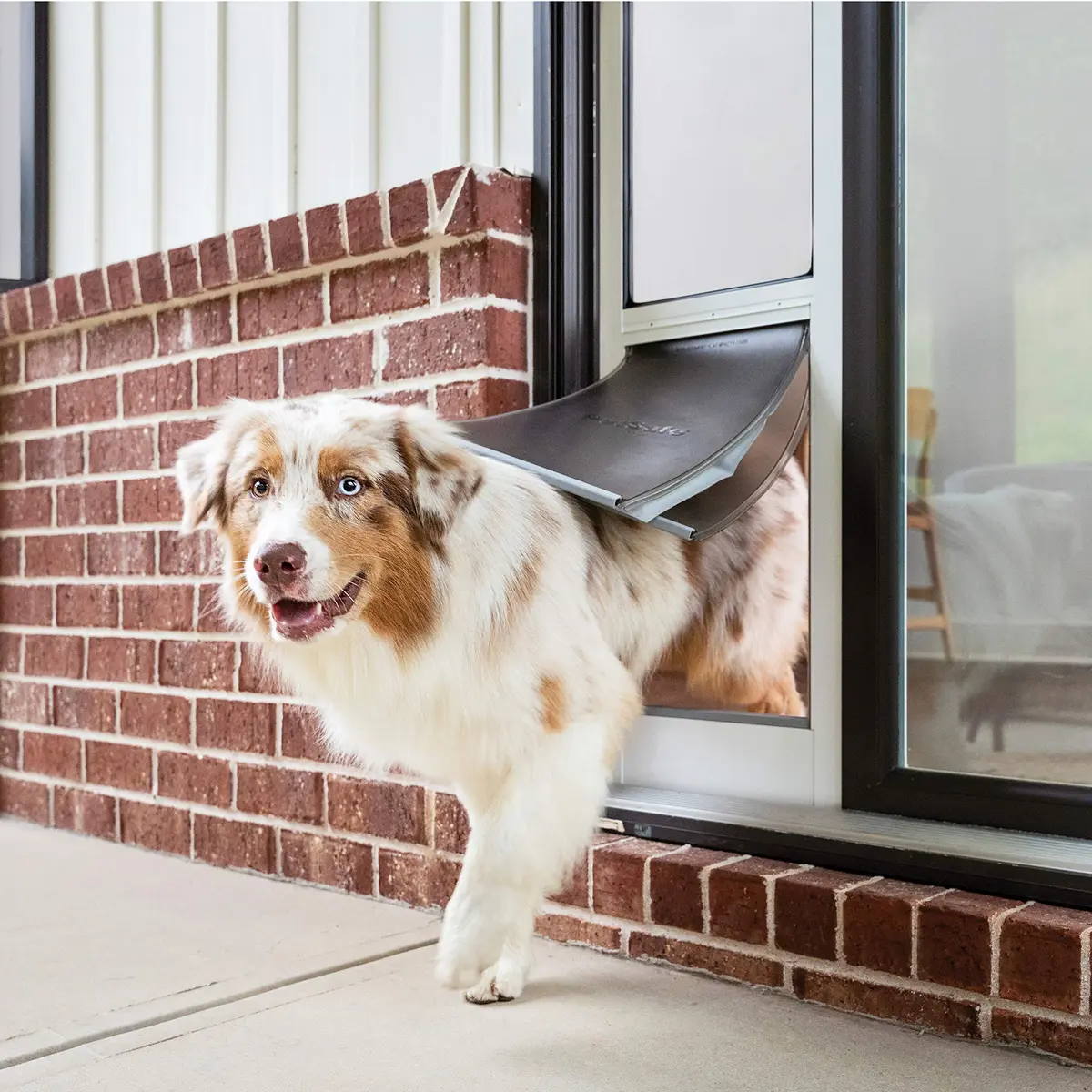Pneumonia is a serious respiratory condition in cats that can have a significant impact on their health, particularly if left untreated. Prompt recognition and treatment are essential for recovery. This guide covers the symptoms of pneumonia in cats, the importance of early detection, and the treatment options available to help pet owners keep their furry companions safe and healthy.
1. Understanding Pneumonia in Cats
Pneumonia is an inflammatory condition of the lungs that affects a cat’s ability to breathe efficiently. It often occurs when bacteria, viruses, fungi, or parasites infect the respiratory tract. Cats with weakened immune systems or pre-existing health issues are especially vulnerable to pneumonia. This condition can become life-threatening if not addressed promptly, as it compromises the cat’s ability to get enough oxygen.
2. Common Symptoms of Pneumonia in Cats
Recognizing the symptoms of pneumonia early can be life-saving. Here are some of the most common indicators:
- Difficulty Breathing: Cats may breathe with an open mouth, struggle for breath, or breathe rapidly. Shallow or labored breathing can indicate inflammation in the lungs.
- Nasal Discharge: Mucus or discharge from the nose is common, especially if the pneumonia has a bacterial or viral cause.
- Persistent Cough: Coughing is a common symptom in respiratory issues, but a constant or painful-sounding cough could be indicative of pneumonia.
- Fever and Lethargy: A fever may develop as the body fights off the infection, and your cat may become noticeably tired or unwilling to move.
- Decreased Appetite and Weight Loss: Loss of appetite is common in sick cats, and chronic illness like pneumonia can lead to weight loss.
The symptoms may vary depending on the cause of the pneumonia. Bacterial pneumonia, for instance, is often associated with a more severe fever and purulent (pus-like) nasal discharge, while viral pneumonia may lead to milder symptoms at first. Fungal pneumonia, on the other hand, can develop slowly but become particularly difficult to treat if not caught early.
3. Diagnosis and the Importance of Early Detection
Pneumonia diagnosis in cats typically requires a visit to the veterinarian, where diagnostic tools such as X-rays, blood tests, and possibly cultures of respiratory secretions are used to confirm the infection and determine its cause. Radiographs (X-rays) help in identifying lung inflammation, while blood tests reveal any systemic infection. In some cases, the vet may need to use a procedure called a bronchoalveolar lavage (BAL) to collect fluid samples from the lungs.
Early diagnosis is critical because it allows for faster treatment, which reduces the likelihood of severe complications such as respiratory failure. Timely intervention can also improve your cat’s prognosis and ease symptoms more quickly.
4. Treatment Options
Treatment varies depending on the type and severity of pneumonia. Some common treatments include:

- Antibiotics: For bacterial pneumonia, a vet will prescribe antibiotics, often tailoring the choice based on lab tests to ensure effectiveness.
- Antifungal Medications: If the pneumonia is caused by a fungal infection, antifungal medications are essential, though these treatments may take longer to be effective.
- Oxygen Therapy: Cats with severe breathing difficulties may require supplemental oxygen to stabilize their oxygen levels.
- Supportive Care: Ensuring the cat stays hydrated, monitoring its temperature, and providing a warm, quiet space are vital supportive measures. Nutritional support, including feeding tubes in extreme cases, may be necessary if the cat refuses to eat.
The vet will create a treatment plan specific to your cat’s needs, which may also include follow-up visits to monitor progress. Strictly following the veterinarian’s guidance, especially regarding medication dosage and rest, is crucial to a successful recovery.
5. Preventative Tips
Preventing pneumonia involves maintaining good respiratory health and minimizing the risk of infections:
- Boost the Immune System: Providing a balanced diet, regular vet visits, and vaccinations can help strengthen your cat’s immunity.
- Minimize Exposure: Limit contact with infected animals, particularly in multi-cat households where respiratory illnesses can spread quickly. Ensure your home is free from environmental irritants, such as cigarette smoke and strong chemicals, which can compromise respiratory health.
- Regular Health Checks: Watch for early signs of respiratory issues and seek veterinary advice if symptoms like coughing or labored breathing arise.

Pneumonia in cats is a serious condition that requires swift medical attention. By knowing the symptoms and understanding the importance of early intervention, cat owners can ensure their pets receive the best care possible. Always consult your veterinarian if you notice any changes in your cat’s breathing or energy levels, as timely action can make all the difference in recovery and long-term health.



